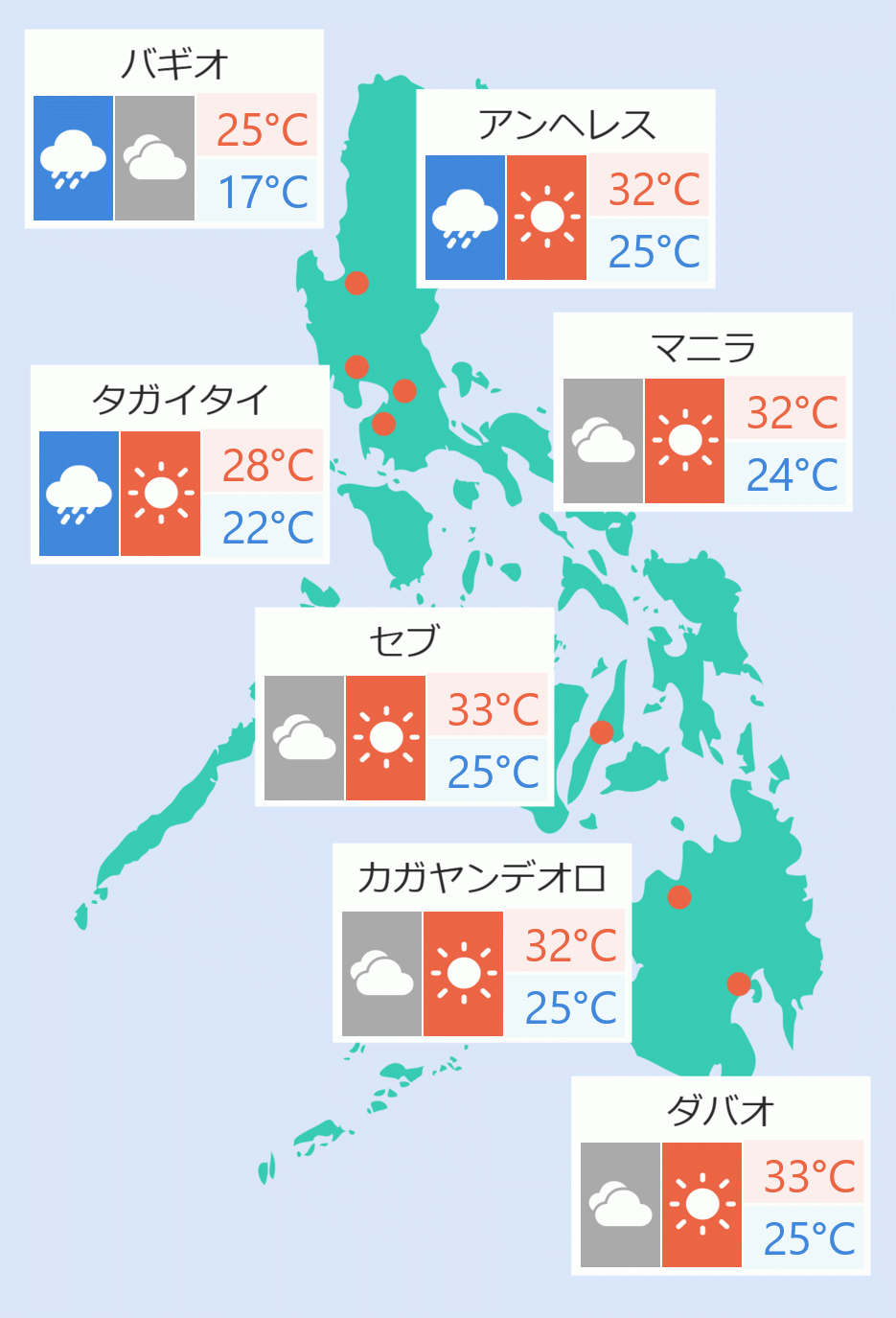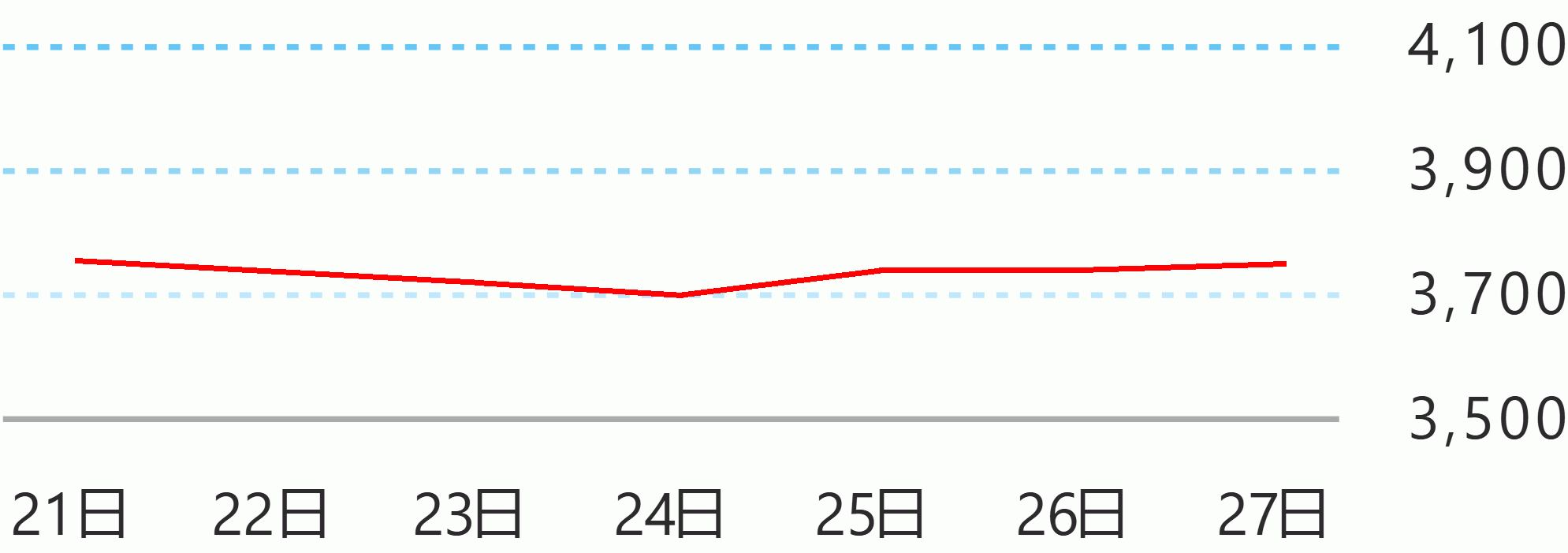The No-Contact Apprehension Policy (NCAP) will not be implemented in areas with problems with traffic signs and road lanes, the Metropolitan Manila Development Authority (MMDA) said on Sunday.
"Rest assured, to those (areas) they say have problems, we will not implement that because we know and see it," MMDA Traffic Development Group director Vic Nunez said in a radio interview.
"We implement it not to raise funds. We are doing this to promote road safety, avoid road crash incidents, and fasten the traffic flow," he added.
MMDA kicked off its reimplementation of NCAP Monday as the Supreme Court (SC) partially lifted its temporary restraining order on May 20.
Nunez believes that the resumption of NCAP would not have issues as MMDA fixed it while it was temporarily restrained by the SC, citing the Metro Manila Traffic Code of 2022, in which a single ticketing system and the uniformity of fines and penalties were established.
"All issues raised by those who complained with NCAP were addressed and settled in the single ticketing system that we passed sometime in 2022 and 2023," Nunez said.
Despite NCAP's method of catching traffic law violators through CCTV, Nunez assured the number of traffic enforcers would not decrease.
"It would still be better if there were enforcers there but we will realign them to areas without CCTVs," Nunez said.
"We can augment the places without coverage of CCTVs so that the physical apprehension of enforcers will be seen," he added.
In a Facebook post on May 24, MMDA said the NCAP will be reimplemented in 22 "circumferential and radial roads in Metro Manila within its jurisdiction."
These roads are Recto, Mendoza, Pres. Quirino Avenue, Araneta Avenue, EDSA, C.P. Garcia, Katipunan Avenue, Tandang Sora, Roxas Blvd., Taft Avenue, South Super Highway, Shaw Boulevard, Ortigas Ave. Magsaysay Blvd., Aurora Blvd., Quezon Ave., Commonwealth, A. Bonifacio, Rizal Ave. Del Pan, Marcos Highway, and McArthur Highway. Kate Christian Ravelo/DMS





 English
English









